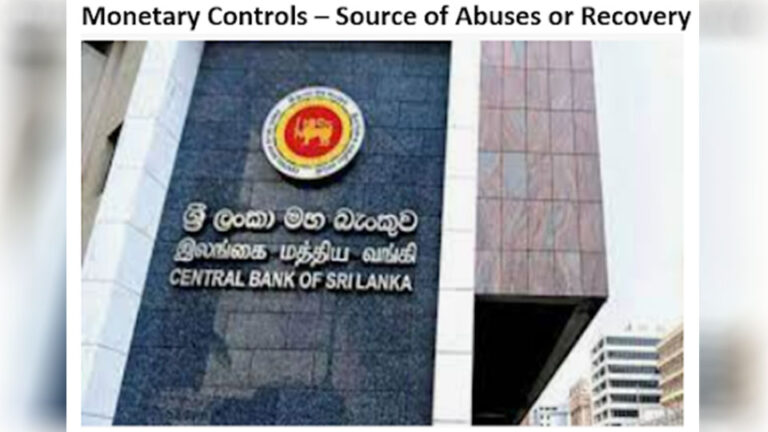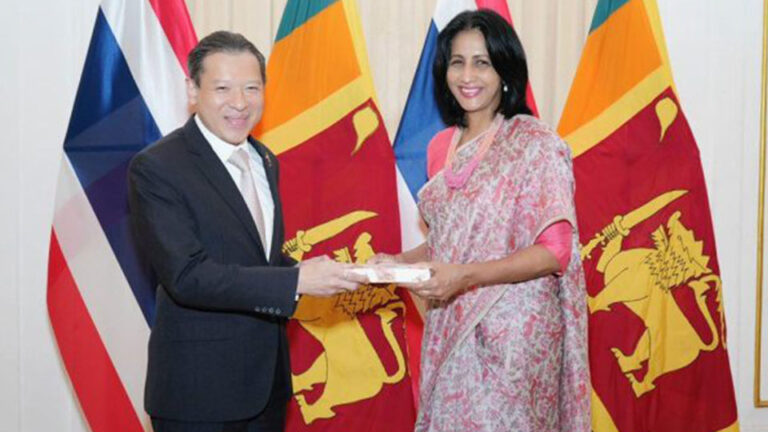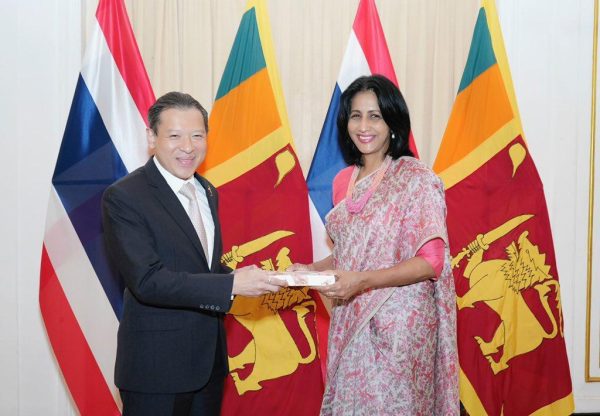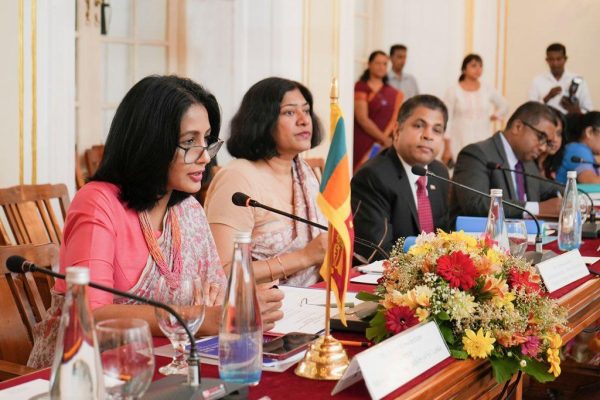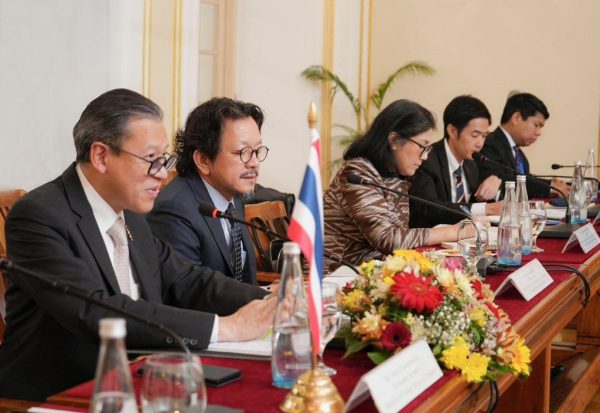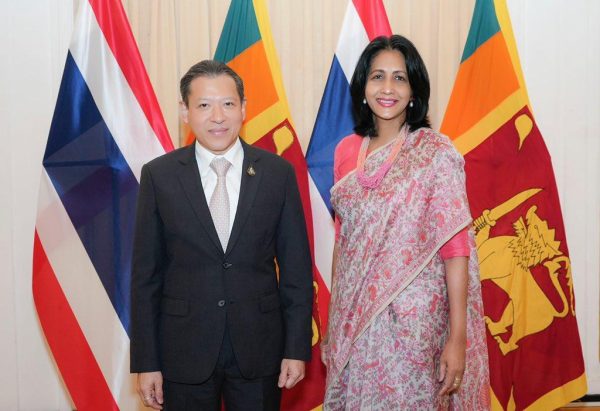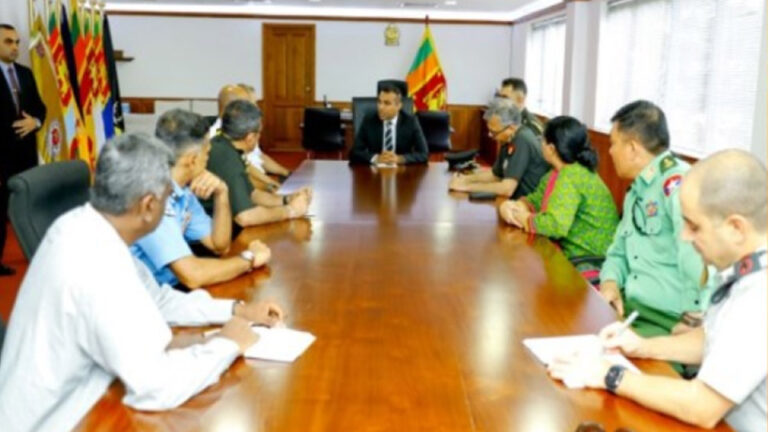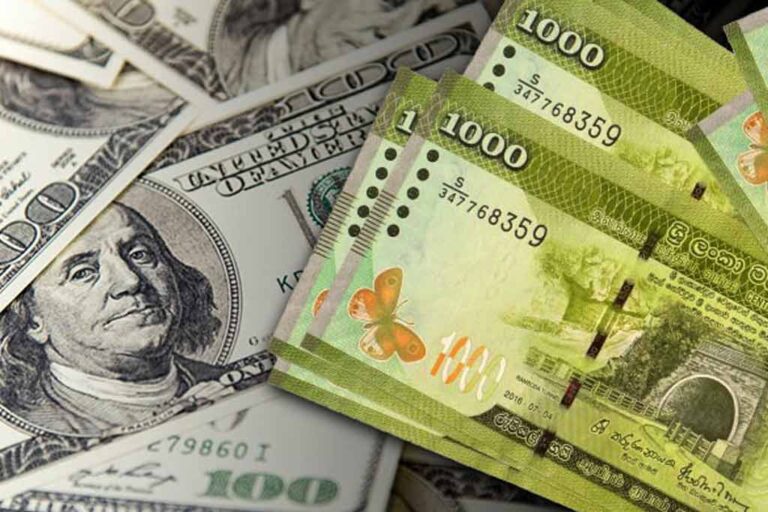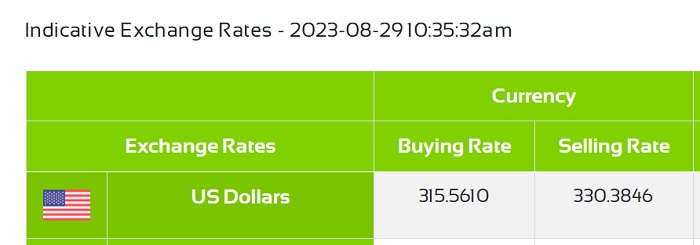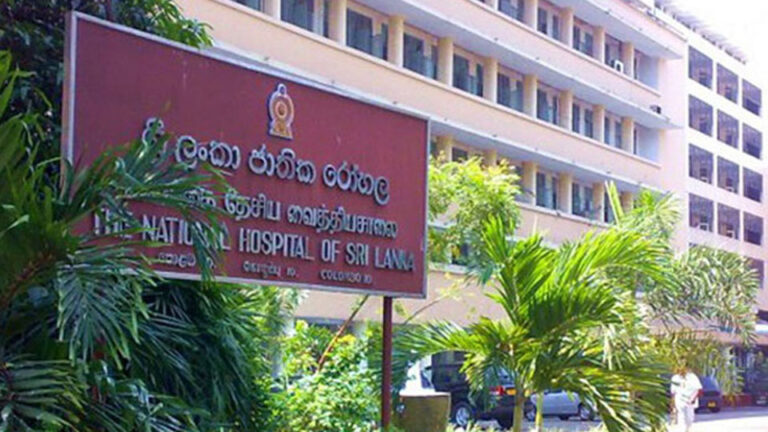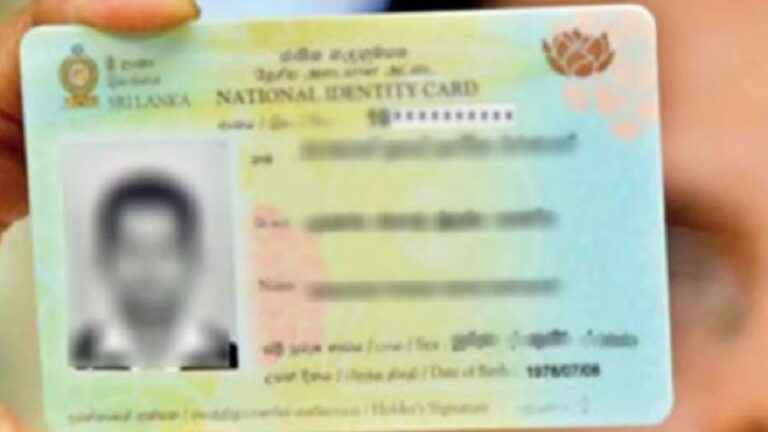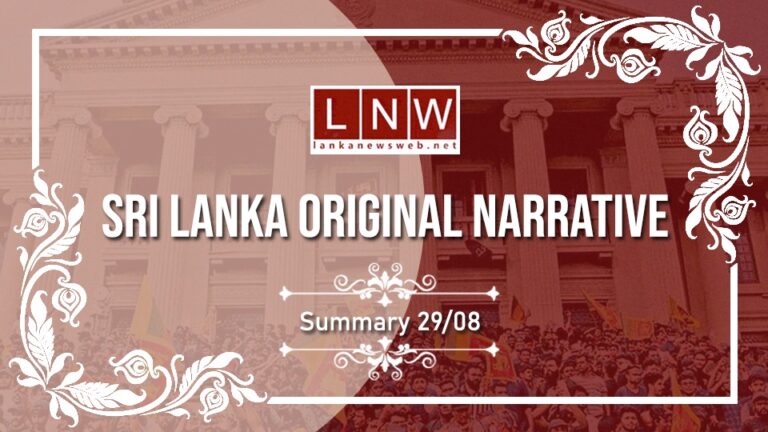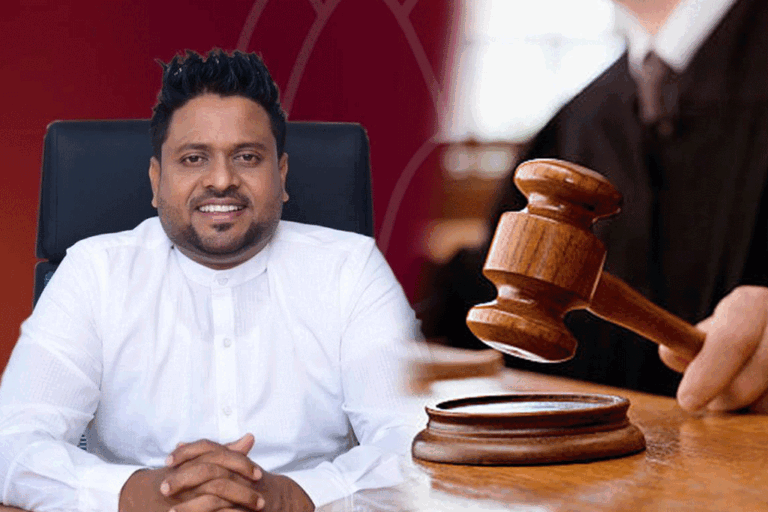The part I of this series of article released on 22 August 2023 (Central bank policy interest rates don’t have a macroeconomic rationale – Sink in the crisis or look for alternative monetary instruments? Part I) in this blog proved that
- central bank policy interest rates are overnight or very short-term risk free rates on central bank’s money printing-based credit operations,
- credit operations of the rest of the monetary economy are taken place at various degree of risks,
- interest rates are the prices of risks such as real business and inflation and,
- therefore, policy interest rates-based monetary policy cannot drive market interest rates and credit flows unless central banks implement risk sharing and mitigation tools in the monetary policy.
In that context, this part II of the article shows why the Central Bank of Sri Lanka (CB) which pursues a policy interest rates-based monetary policy model along with its subsidiary policy tools introduced to support the monetary policy model like a God-given policy strategy is bound to fail.
The rationing of standing facilities effective from 16 January 2023, the cut of statutory reserve ratio (SRR) by 2% effective from 16 August and monetary order setting maximum lending rates of banks effective from 25 August are the three subsidiary tools covered in this article.
This article helps CB and other policy economists to learn simple market economic principles before they resort to such monetary market controls.
Rationing of standing facilities effective from 16 January
The rationing of standing facilities (or quantity controls) to any bank are as follows (see the article released on 16 January Monetary price controls and rationing – Promoting monetary black markets or controlling inflation?).
- Standing lending facility only up to 90% of the SRR of the bank on the day.
- Standing deposit facility only up to 5 days/times a month.
This is a rude violation of the economic principle of policy interest rates corridor model. In the model, inter-bank overnight interest rates are expected to prevail in the policy rates corridor as standing facilities are provided limitless at respective policy interest rates. Accordingly, policy interest rates are the price controls that are maintained through the unrestricted printing/supply of money by the CB. Therefore, if the CB imposes rationing on standing facilities (controls of market quantity), inter-bank market prices will move beyond the controlled prices depending on the supply and demand available in the market.
This is simple economics that any sensible person understands from the state price controls in commodity markets. The outcome of price control and rationing is no exception to the monetary market. However, as policy interest rates are static numbers on the paper kept by the CB, they will remain like other controlled prices that are used in the computation of the consumer price indices.
The objective of the CB for the new rule was to activate the dormant inter-bank market struggling from the financial bankruptcy of the economy and to bring down market interest rates through the liquidity already available in the market without policy rates cuts and injection of new liquidity from money printing.
However, data show that inter-bank interest rates continued to stay at high levels as the market activity did not rise. Therefore, the CB had to cut policy interest rate twice by total of 4.5% unexpectedly, i.e., 2.5% on 31 May and 3% on 30 July. Further, the CB has commenced reverse repo auctions (overnight and term basis) at an excessive scale on a regular basis to inject new liquidity to the inter-bank market in order to cover up the curtailed/rationed standing lending facility. Further, the most of reverse repo rates were cheaper than the standing lending facility rate without any justified reasons.
Finally, the use of the risk free policy interest rates corridor to target overnight inter-bank interest rates on risky lending is unfounded in economics and finance.
Therefore, the CB has miserably failed on the policy interest rates model and rationing tool.
SRR cut by 2% effective from 16 August
The CB in its press release dated 9 August stated that the SRR cut by 2% would release about Rs. 200 bn of new liquidity on a permanent basis to the domestic money market and reduce the cost of funds and lending rates of banks which will support the expansion of credit flows to the economy.
However, the utter failure of the CB on the SRR cutting tool is testified by the CB’s monetary order issued on 25 August prescribing maximum interest rates on bank lending products.
The CB’s press statement on SRR cut was factually flawed on several contents (see my article released on 9 August)(The CB cuts SRR by 2% – Another tribal monetary tool to deceive the public).
- First, this is not a new liquidity injection, but only an increase of free reserves of banks at the existing liquidity. The new liquidity comes only from the money printing by the CB which continues with reverse repo auctions and lending to the government.
- Second, there is no basis to state that bank credit flows will expand. It is the old monetary theory to state that credit creation will expand due to SRR cut and vise versa on the assumption of credit as a byproduct of deposits. According to the modern monetary theory, if there is demand for good credit, banks can first lend through book entries and then find the liquidity from other sources inclusive of money market and borrowing from the CB as part of managing the liquidity of the whole bank. Therefore, bank lending is not a business carried on pre-deposit mobilization whereas deposit business in fact is a byproduct of credit business in modern banking. Therefore, it is incorrect to state that banks will expand credit just because of the SRR cut as the CB states.
- Third, the SRR cannot influence in interest rates on bank credit business as the SRR cannot determine and affect credit risks of bank borrowers and the economy. Everybody knows the alarming credit risk in the current context of the economic bankruptcy and impaired credit and investment portfolios of the banking sector.
Therefore, the reduction in the cost of funds and market interest rates and resulting expansion of bank credit flows due to the SRR cut are just a part of the old monetary policy story of the CB.
Monetary order on maximum interest rates on lending products effective from 25 August
This is a normal act of bureaucratic price control to make political leaders feel happy that regulatory authorities act against unfair traders and markets. The CB also has followed this sort of price control from time to time for same purpose when the CB fails in the policy interest rates-based monetary policy model, so called market-based monetary policy.
Price controls on products such as coconut and egg testify that the authorities have no knowledge on the mechanism of respective markets. The same is true for CB’s price controls on banking service products although the CB employs international economists to study and recommend such market controls.
It is surprised why this order has been expeditiously issued under the Monetary Law Act already repealed by the new Central Banking Legislation awaiting the Speaker’s signature where the CB does not have such regulatory powers in the new legislation. Therefore, this order is to vacate very soon.
Highlights of maximum interest rates prescribed in the order are as follows.
- 18% on pawning facilities
- 23% on pre-arranged temporary overdrafts
- 28% on credit card balances
- In respect of other credit facilities (both new and existing) whose interest rates are less than 13.5%, a reduction of interest rates as least by 2.50% by 31 October 2023 and by further reduction of 1% by 31 December 2023
- Reduction of penal interest rate on all credit products immediately to a level not exceeding 2%
The meaningless of the order as a bank credit market regulation is presented by following facts.
- Interest rates are fixed by pricing the risks of credit products. However, the CB does not have a mechanism to gage the maximum risk each product encounters in order to fix the maximum interest rates. Further, the CB does not operate any credit risk insurance or mitigation measures to ensure that maximum risks are consistent with maximum interest rates. Therefore, setting of numerical limits on interest rates is meaningless.
- The order refers to recent cuts in policy interest rates (by 4.5%) and SRR (by 2%) as the basis for the reduction in market interest rates. However, as pointed out above, risk free policy interest rates and bank reserves are not a basis for affecting interest rates on risky credit products unless the CB provides credit risk mitigation instruments such as refinance and credit guarantees.
- The order also refers to the considerable easing in monetary conditions where interest rates of banks and financial institutions remain excessive and are not in line with current monetary policy stance. This is a flawed statement due to several reasons.
- First, liquidity shortages reported from the bankrupt economy (i.e., government, banks, businesses and households) does not show any easing of monetary conditions. The CB does not give supporting figures to justify this order. In contrast, the fact that M2b annual monetary growth has declined from 16% in July 2022 to 6.2% in July 2023 and the reduction of the monetary base/reserve money from Rs. 1,436 bn in July 2022 to Rs. 1,374 bn in July 2023 (annual growth reduced from 35% to negative 0.9%) proves the opposite of the monetary easing. Therefore, the base statement in the order itself is flawed.
- Second, high interest rates structure at present is in fact is a result of excessive interest rates forced by the CB through Treasury bill rates pushing from around 8% at the beginning of 2022 to around 32% towards the end of 2022 and default of public debt management. The CB also issued a monetary order on 21 April 2022 to remove maximum interest rates that prevailed at that time on credit card balances, pre-arranged temporary overdrafts and pawning advances and to force banks to raise interest rates of all banking products. However, the CB has just forgotten its reckless history and now blames banks for high interest rates. The CB unnecessarily mentions excessive interest rates charged by financial institutions although the order does not apply to them.
- If banks comply with these interest rates ceilings due to unofficial threats of the CB being the bank regulator, they will immediately cut credit flows and entertain only customers and economic activities of lowers risks. This in fact will slow down credit expansion and will be a severe blow to the recovery of the economy already contracted by the unnecessarily tightened monetary policy pursued by the CB since the beginning of 2022, despite the economic crisis.
- CB monetary policy economists must be well aware from both market economic principles and recent experiences that such maximum interest rates imposed for reducing the interest rates structure invariably fail. The plight of the most recent interest rates caps is as follows.
- As per monetary order dated 26 April 2019, deposit rates up to 3 months were linked to standing deposit facility rate less a margin of 0.50% and other term deposits were linked to 364 day Treasury bill yield rate less 0.50% to plus 2.5% across the tenure. This was supported with a SRR cut of 2.5% to enhance the efficiency of the monetary transmission mechanism and expand credit flows. However, the order was withdrawn on 24 September 2019 after 5 months.
- In contrast, a monetary order was issued on 24 September 2019 prescribing caps on lending interest rates on grounds and characteristics similar to the present order, for example, 28% on credit card advances, 24% on pre-arranged temporary overdrafts and reduction of penal interest rate to a level not exceeding 4%.
- The caps were further reduced by the monetary order dated 21 August 2020 in view of the ultra relaxed monetary policy for the Corona-affected economy, i.e., 18% on credit card advances, 16% on pre-arranged temporary overdrafts, 10% on pawning and reduction of penal interest rate to a level not exceeding 2%.
- All these caps were removed by the monetary order dated 21 April 2022 stated above as part of the high interest rates policy of the CB.
- The monetary order does not contain a mechanism to ensure the compliance including the penalties in terms of the legislation. Further, the latest order issued on 28 August 2023 has not revoked the previous order dated 21 April 2022 and, therefore, banks have the option to choose the order they prefer. Therefore, abuses are unavoidable.
Therefore, the latest monetary order is simply a reopening of the old file on interest rates capping subject without any idea on its effectiveness as well as the current credit market conditions, given the bankrupt economy and the default of government debt.
Interim Remarks
- The CB just look at monthly consumer price index-based statistical/annual inflation numbers and announces these bureaucratic price controls by resorting to the old monetary theory and waits till the next shock to the economy.
- The recent history of such monetary policy tools (risk free policy rates model and price controls cited above) shows that they cannot influence various classes of credit risks confronted by modern monetary economies that operate on credit markets. Further, the CB does not have data to establish the effectiveness of such tools in the past.
- As the CB does not implement any monetary tools to amend credit risk structure of economic activities, the present monetary policy model and money market control tools are baseless on macroeconomic grounds.
- Therefore, monetary policy decisions of the CB are nothing but reopening of the old files to mislead the national leaders that the CB is dynamically engaged in recovering the bankrupt economy through enhanced monetary transmission mechanism and credit flows across the economy where the policy statements are nothing but meaningless words meant only for relevant economists and officials of the CB.
- In that context, the CB’s monetary policy is not in a position to help recover the bankrupt economy unless it invents tools that are efficient in sharing and mitigating credit risks of priority sectors and activities. However, the CB is able to make billions of profit on its risk free monopoly money printing business carried out on very short-term basis with wholesale money dealers.
- The danger of the attempt to implement such baseless policy tools and false statements is the uncertainties and bottlenecks created in markets and adverse impact on the recovery and stability of the economy. The literature on abuses of such bureaucratic controls at levels of both market participants and authorities is well known.
- In general, unlike in developed market economies, interest rate is not a material factor to drive credit flows in Sri Lanka. What most matter are the access to credit and risks. Therefore, such credit market control tools will only be on the paper amongst the countless number of regulations relating to economic activities.
- Interest rates/yield rates of government securities are well within the direct control of the CB. Therefore, the CB’s normal practice has been to set the yield rates in order to influence in interest rates in credit markets. However, the CB does not seem to reduce weekly Treasury bill yield rates during the past two months but sets ceilings on bank interest rates. Therefore, the CB should set the example for lower interest rates by first cutting the yield rates of government securities operating at its hand.
- Therefore, national leaders are advised to think twice whether this is the national monetary policy that the country needs at this juncture to recover the public from the present bankruptcy as the monetary policy is not a rocket science but a concept-based intervention in the monetary side of the economy by the government for the benefit (creation of wealth and living standards) of the general public.
Overall, the tendency of the policy authorities in general to lie bravely to the public is normal. However, the present CB management lying to this extent and frequency as revealed from policy statements without specific economic research findings should be subject to serious concerns of the public, given its stability mandate.
(This article is released in the interest of participating in the professional dialogue to find out solutions to present economic crisis confronted by the general public consequent to the global Corona pandemic, subsequent economic disruptions and shocks both local and global and policy failures.)

P Samarasiri
Former Deputy Governor, Central Bank of Sri Lanka
(Former Director of Bank Supervision, Assistant Governor, Secretary to the Monetary Board and Compliance Officer of the Central Bank, Former Chairman of the Sri Lanka Accounting and Auditing Standards Board and Credit Information Bureau, Former Chairman and Vice Chairman of the Institute of Bankers of Sri Lanka, Former Member of the Securities and Exchange Commission and Insurance Regulatory Commission and the Author of 12 Economics and Banking Books and a large number of articles published.
The author holds BA Hons in Economics from University of Colombo, MA in Economics from University of Kansas, USA, and international training exposures in economic management and financial system regulation)
Source: Economy Forward


